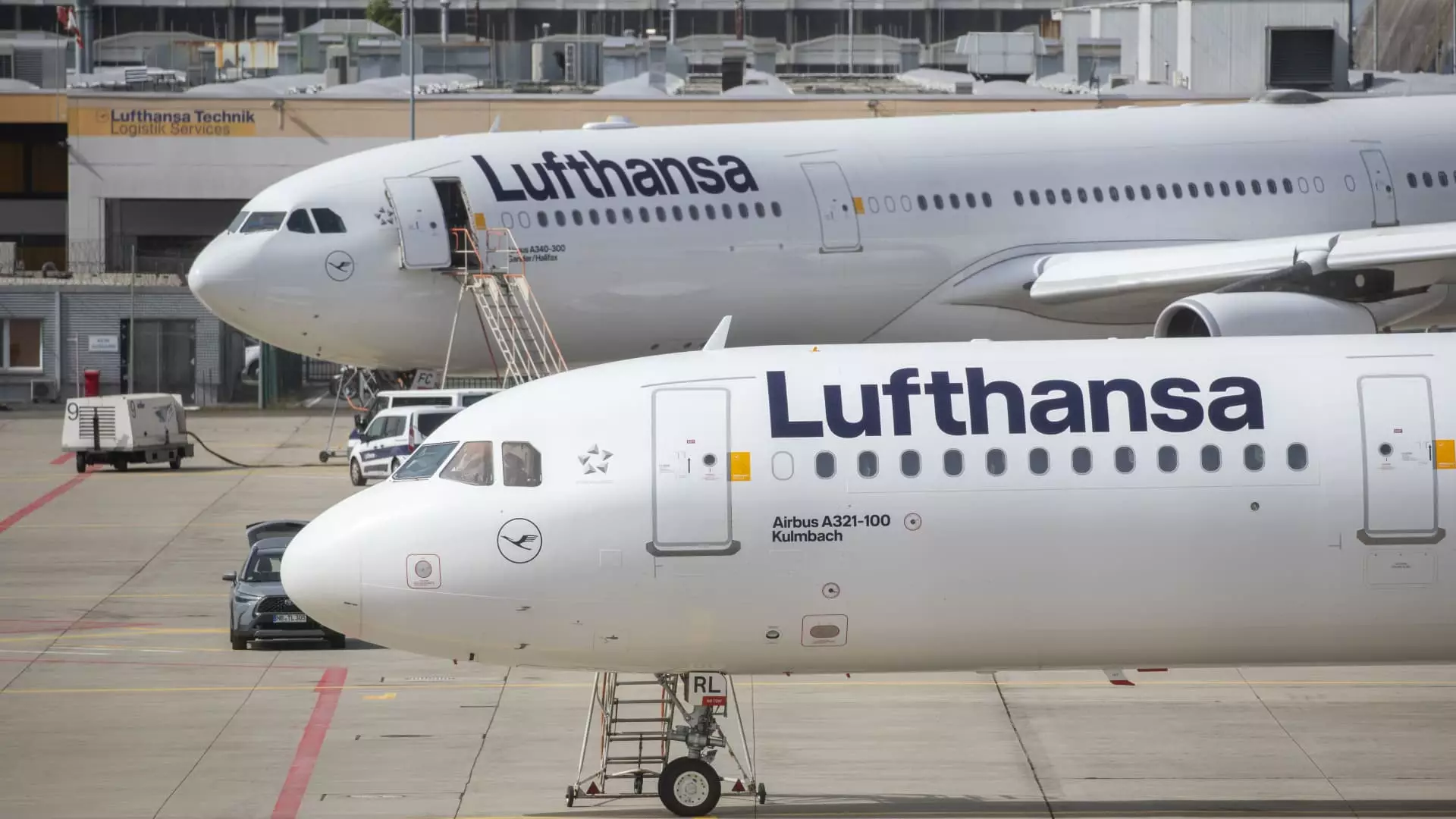German airline company Lufthansa Group recently announced that it would be implementing an “environmental cost surcharge” on ticket prices, in response to the steadily rising additional costs due to regulatory environmental requirements. This surcharge could be as high as 72 euros ($77) for certain flights, with the intention of covering part of the increased costs incurred by regulations from the European Union and International Civil Aviation Organization.
The environmental cost surcharge will be applicable to all flights departing from the 27 member countries of the European Union, as well as the U.K., Norway, and Switzerland. This surcharge will be applied to all flights sold or operated by Lufthansa Group, which includes airlines such as Lufthansa, Eurowings, Swiss, Edelweiss Air, and Austrian Airlines. The exact amount of the surcharge will vary depending on the flight route and fare, ranging between 1 euro and 72 euros.
Regulatory Impact on Airlines
Lufthansa pointed out that various regulations from institutions like the EU would lead to significant cost increases for airlines. For instance, the EU has set quotas for the usage of sustainable aviation fuel, which is expected to come into effect in 2025 and gradually increase until 2050. Sustainable aviation fuel is an alternative to fossil fuels and can be produced from waste oil, nonfood crops, and other waste materials, or through a process that captures carbon from the air. The International Air Transport Association believes that sustainable aviation fuel could potentially cover around 65% of the emissions reduction needed for the aviation industry to achieve net zero by 2050.
Lufthansa also mentioned that emissions trading systems from the EU, Switzerland, and the U.K., along with the International Civil Aviation Organization’s climate protection agreement, were factors contributing to its rising environmental costs. The emissions trading systems impose limits on permitted emissions, with the overall cap decreasing over time to reduce emissions. Lufthansa emphasized its commitment to investing in technology to make aviation more sustainable and support climate research, but stated that the increasing additional costs from regulatory requirements in the upcoming years would necessitate the implementation of the Environmental Cost Surcharge.
The decision by Lufthansa Group to introduce an environmental cost surcharge reflects the challenges faced by airlines in meeting stringent environmental regulations. While this surcharge may lead to higher ticket prices for consumers, it also highlights the airline industry’s efforts to address its environmental impact and work towards a more sustainable future.

